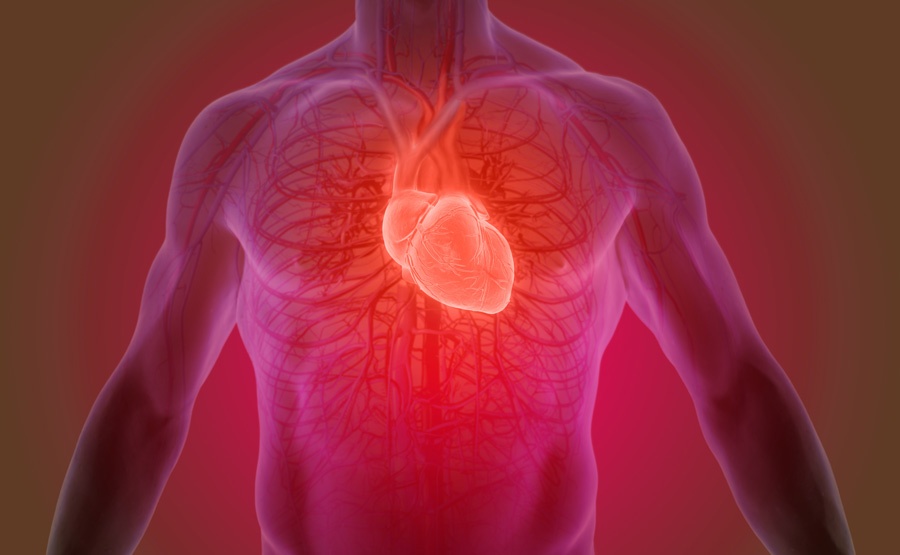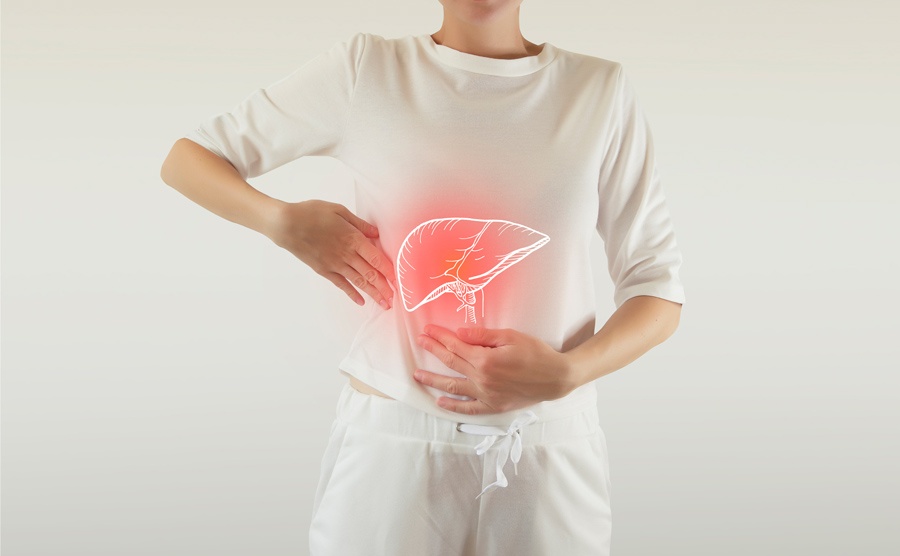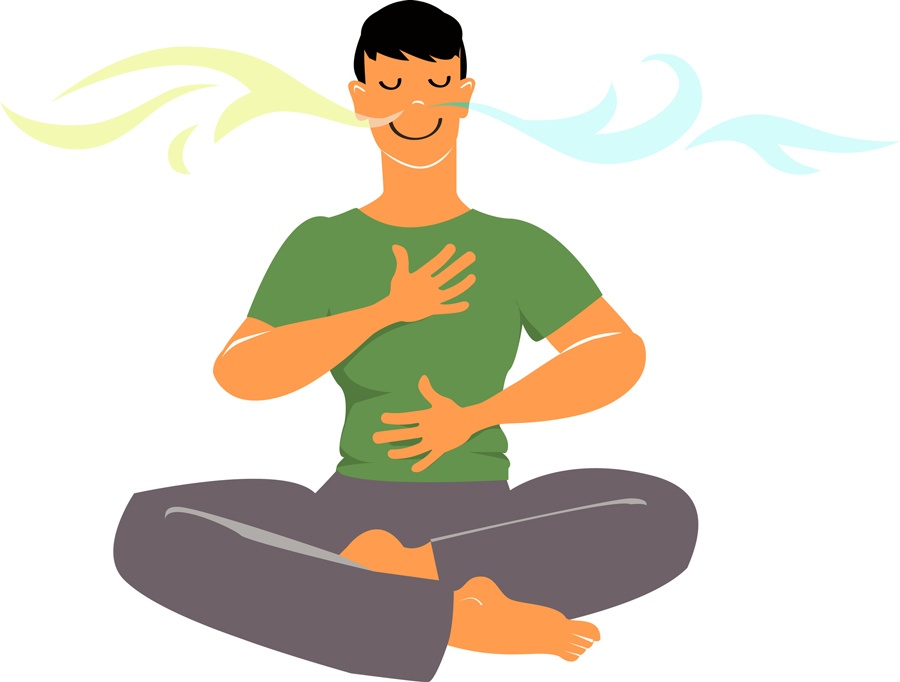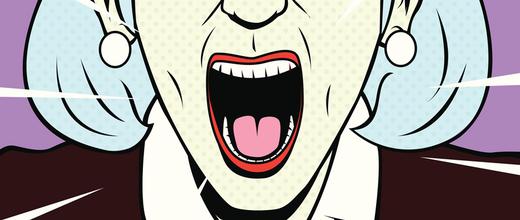The views expressed in our content reflect individual perspectives and do not represent the authoritative views of the Baha'i Faith.
A classmate utters racial slurs and jokes around you. A colleague speaks condescendingly to you. A friend invites you to hang out but then ditches you once you get there. Feel your blood boiling? Your jaw starting to clench? Whether you feel mild irritation and annoyance or more intense aggression and fury, you’re feeling anger.
“Not only does anger increase your likelihood of adopting an unhealthy lifestyle it also shortens your lifespan and increases your risk of developing a variety of diseases.”
My mother always says that anger is only an unfulfilled request. It is a natural response to disappointment or conflict in our lives — and we all have to deal with it at some point. For the sake of our emotional and spiritual health, and for the survival of our physical body, we have to figure out how to manage it.
Abdu’l-Baha, the son of Baha’u’llah, the prophet and founder of the Baha’i Faith, warned against the effects of anger. He characterized “annoyance and hostility as the torment of hell-fire.”
Not only does anger increase your likelihood of adopting an unhealthy lifestyle — smoking, consuming fatty foods, drinking alcohol, and consuming too much caffeine — it also shortens your lifespan and increases your risk of developing a variety of diseases.
Anger and the Heart
In addition to increasing your risk of having a stroke and developing type 2 diabetes and bulimic behavior, anger has an especially harmful effect on the heart.

According to a recent CBS News report, “in the two hours after an angry outburst, a person’s risk for a heart attack increased nearly five times and their risk of stroke shot up more than three times, compared to when patients were not angry.” Perhaps that is why Abdu’l-Baha wrote, “The individual must be educated to such a high degree that he would rather have his throat cut than tell a lie, and would think it easier to be slashed with a sword or pierced with a spear than to utter calumny or be carried away by wrath.”
Anger and hostility not only increase your risk of developing coronary heart disease and coronary atherosclerosis (coronary artery disease), these emotional responses also increase the progression of these diseases and the likelihood of dying from them. According to a study published in the Journal of Medicine and Life, the link between anger and heart disease is due to the excess stress hormones that are released into our bloodstream when we are angry. This can create vascular problems, hemodynamic and metabolic modifications, and cardiac rhythm disorders. This increase in stress hormones also weakens your immune system and creates inflammation in the airways of the lungs, resulting in respiratory problems.
Health Effects of Suppressed Anger
You might think that heart disease is only a risk for those who look visibly angry or express their anger to others, but that’s not the case. A study published in the International Journal of Psychophysiology found that “the tendency to suppress anger has been linked to more pronounced carotid arterial stiffness and intima–medial thickness, sub–clinical indices of coronary heart disease, compared to individuals rating high on anger expression.” This indicates that people who suppress their anger are more likely to develop significant coronary heart disease and coronary artery disease than hostile individuals who express their anger.
There has also been evidence that links both suppressed and expressed anger with depression. “In depression, passive anger — where you ruminate about it but never take action — is common,” Dr. Chris Aiken, told Everyday Health. Also, a study conducted in the year 2000 showed that teenagers who suppressed their anger often consumed alcohol more frequently and spent fewer hours exercising than their peers. So, you may even be worse off by suppressing your anger than expressing it.
Do You Have an Angry Liver?
Anger is toxic and dangerous to our total health, which is why Baha’u’llah advised us to avoid this emotion. He wrote in the Tablet to a Physician: “Jealousy consumeth the body and anger doth burn the liver: avoid these two as you would a lion.”

Many Chinese and Ayurvedic practitioners also associate anger with the liver and equate chronic anger to poor liver function. This is likely because too many fat cells in the liver create a hormonal imbalance. If the inflammation in the liver is left untreated, it can damage this organ, which will stop the removal of toxic substances from the body. Studies show this buildup of toxins can also result in a brain disorder that causes personality changes and a loss of control. So, not only does anger have adverse health effects on our body, an unhealthy body can also have an emotional impact on us. This can leave us in a never-ending, vicious cycle until we learn how to respond to our anger constructively.
How to Respond to Anger Constructively
As humans, we are biologically wired to experience negative emotions when we don’t get what we want or when we’re not treated the way we deserve. As Abdu’l-Baha wrote in “Baha’i World Faith”:
“The answer to this is that desire, which is to ask for something more, is a praiseworthy quality provided that it is used suitably. So, if a man has the desire to acquire science and knowledge, or to become compassionate, generous and just, it is most praiseworthy. If he exercises his anger and wrath against the bloodthirsty tyrants who are like ferocious beasts, it is very praiseworthy; but if he does not use these qualities in a right way, they are blameworthy.…”
We are supposed to be angry with injustice and do something about it. Anger itself is not unhealthy, but our responses to anger often are, whether we suppress and internalize it, or aggressively react to it. Research published in the Journal of Medicine and Life found that expressions of anger “can be motivated by constructive reasons (in order to solve a problem).” But, wrote the researchers, “other types of anger can be motivated by deconstructive reasons — in order to justify somebody’s feelings or to intensify somebody’s state of anger.”
In another 2010 study, results revealed that decreased constructive anger and increased destructive anger justification in men and women lead to an increased risk of coronary heart disease. So, deconstructive anger is associated with increased health risks, but constructive anger is healthy and can “have a protective role.”

When we notice our anger rising, we need to stop, breathe, and use other calming methods. Once we are in a calmer state, we need to identify what is triggering our response and brainstorm how we can constructively solve the problem. “Assertive communication, effective problem solving, using humor, or restructuring your thoughts to get away from that black-and-white, all-or-nothing thinking — those are all good ways to cope,” Dr. Mary Fristad, a professor of psychiatry and psychology at The Ohio State University, said in Everyday Health.
This involves speaking up and being direct — while still being polite — with the people with whom we are angry. As Dr. Fristad said, “If someone infringes on your rights, you need to tell them. Directly tell people what you’re mad about, and what you need.”
You May Also Like
Comments

















We all know stress kills, but yes, every American should be angry about the murder of Ahmaud Arbery simply because of the color of his skin.
His senseless murder is another stark example of why every black person in America has to fear their safety for doing the simple things, like jogging, that non-blacks like me, take for granted every single day.
If anger is an emotion that feeds motivation to speak up for racial justice and promoting the Oneness of Humanity, then I am ANGRY, ...very angry and must speak up and act to uproot the cancer of racism.
In Barbara Talley’s words, “we all need to do our part to save the soul of a humanity steeped in hatred.”